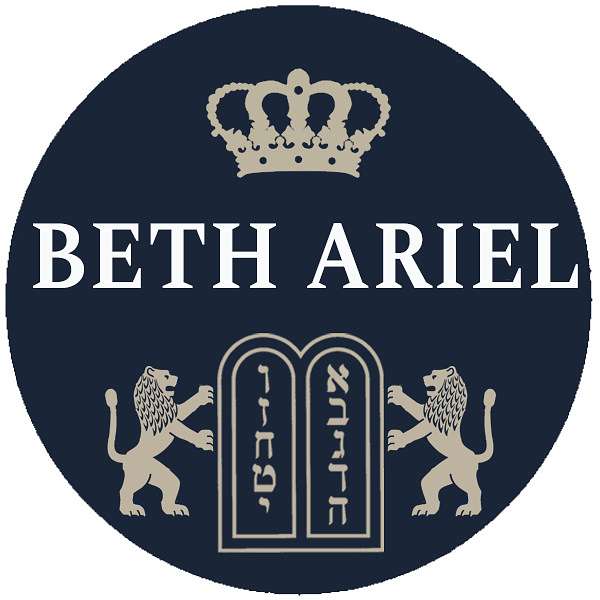
Beth Ariel Messianic Congregation
Beth Ariel is a Messianic Jewish Congregation in the greater Los Angeles area of Southern California. We are a spiritual home for Jews and Gentiles who have embraced Yeshua (Jesus) as Messiah and Lord. This podcast content includes Rabbi Gary's "Messianic Perspective", a 1-minute radio feature that airs on KKLA 99.5 FM in Los Angeles, on Fridays during rush hour. Gary teaches the Jewishness of Christianity. This podcast also includes Rabbi Gary's messages from Beth Ariel's Shabbat Services on Saturday mornings in Tarzana, CA.
Beth Ariel Messianic Congregation
Yom Kippur 2025 - 10/1/25
Yom Kippur, “The Day of Atonement” is the holiest day in the Jewish calendar. It brings to a conclusion a 10 day period of self-examination and reflection. Because Yom Kippur is a day of judgment during these 10 days, individuals seek to make restitution for their misdeeds and repentance of their sins.
Rosh Hashanah begins on the 1st day of the Jewish month of Tishrei, while Yom Kippur occurs on the 10th day of the same month. The ten days between Rosh Hashanah and Yom Kippur are called “Yomim Noraim” (“Ten Awesome Days”), or “Aseret Yemei Teshuva” (“Ten Days of Repentance”).
According to Jewish tradition, during these “Ten Days,” God has opened before Him three books. The Book of the Righteous, in which all the names of the righteous are written; on Yom Kippur, all will have their names inscribed in the Book of Life for a good year; The Book of the Wicked, in which all the names of the wicked are written, and on Yom Kippur will be consigned for a bad year; The Book of the Average, in which the names of those not wholly righteous nor wholly wicked are written. During these “Ten Days,” those whose names are written in the Book of the Average have the opportunity to have their names written in the Book of Life on Yom Kippur, provided they perform the necessary “good deeds.” Thus, the common greeting during this season is, “L’Shana Tova Tikatevu,” “May You be Inscribed for a Good Year.”
What the Law of Moses teaches about Yom Kippur is very different. There are three major passages that speak of Yom Kippur: Leviticus 23:26-32, Numbers 29:7-11, and the most important portion of Scripture on Yom Kippur, Leviticus 16:1-34.
Much more could be said about Yom Kippur, but the following is clearly taught:
1. There aren’t many paths to God. There is only one way, and that way is by a blood atonement. During the period of the Mosaic Law, it was by means of the Yom Kippur sacrifice. Today, it is through the blood of Messiah Yeshua.
2. Leviticus 17:11, “For the life of the flesh is in the blood, and I have given it to you upon the altar to make atonement for your souls; for it is the blood that makes atonement because of life.”
3. There is a need for a mediator between God and the people. Under the Mosaic Law, that mediator was the High Priest. Today, our mediator is Messiah Yeshua.
4. The offering of sacrifices indicates there is the necessity for a substitute. Today, our substitution atoning sacrifice is provided by Messiah Yeshua. This is precisely what Isaiah the prophet taught in Isaiah chapter 53; “We all like sheep have gone astray, but the Lord has laid on him the iniquity of us all” (Isaiah 53:6).
YouTube: https://youtube.com/live/LYwA877ZGIU
